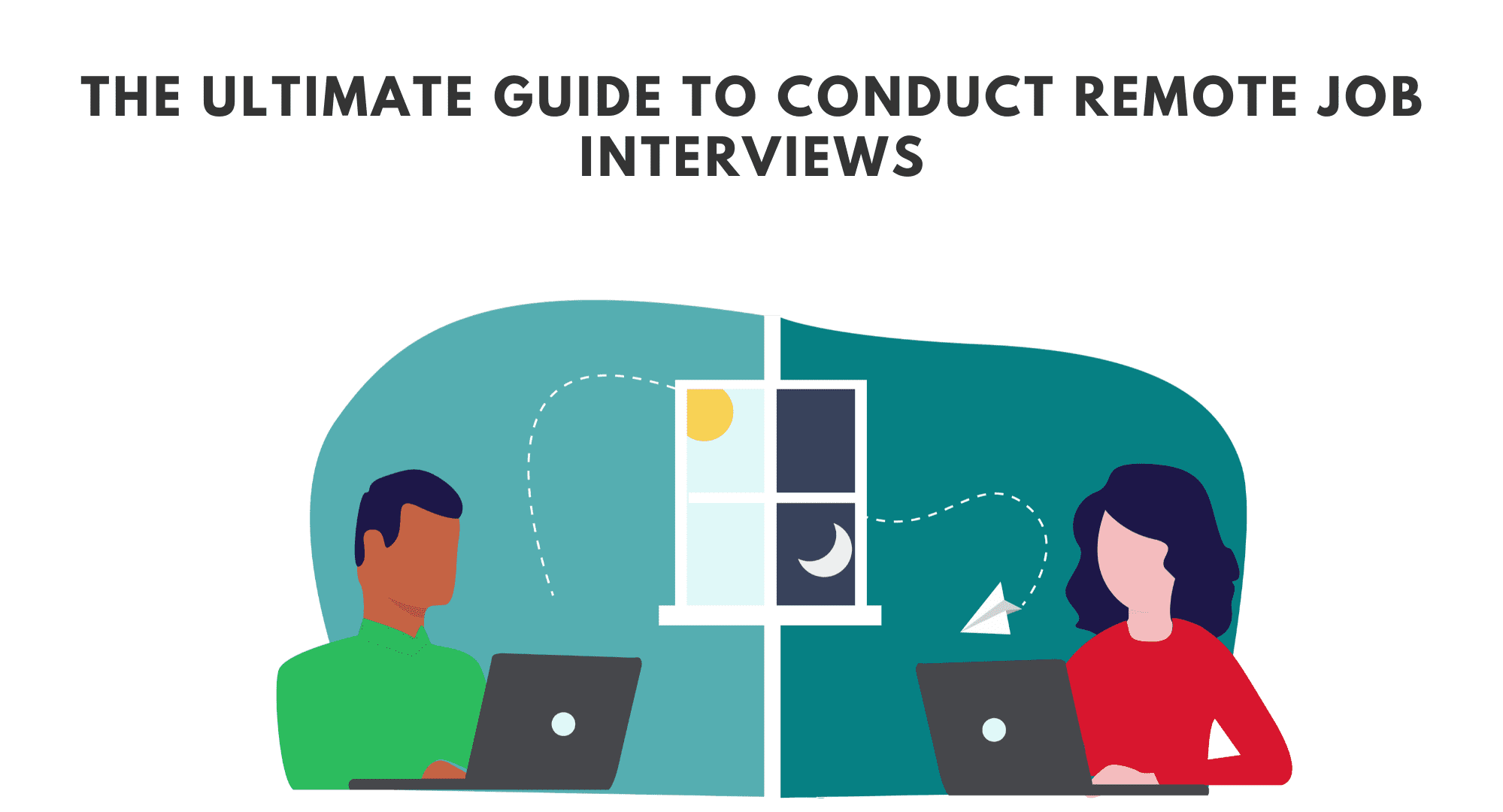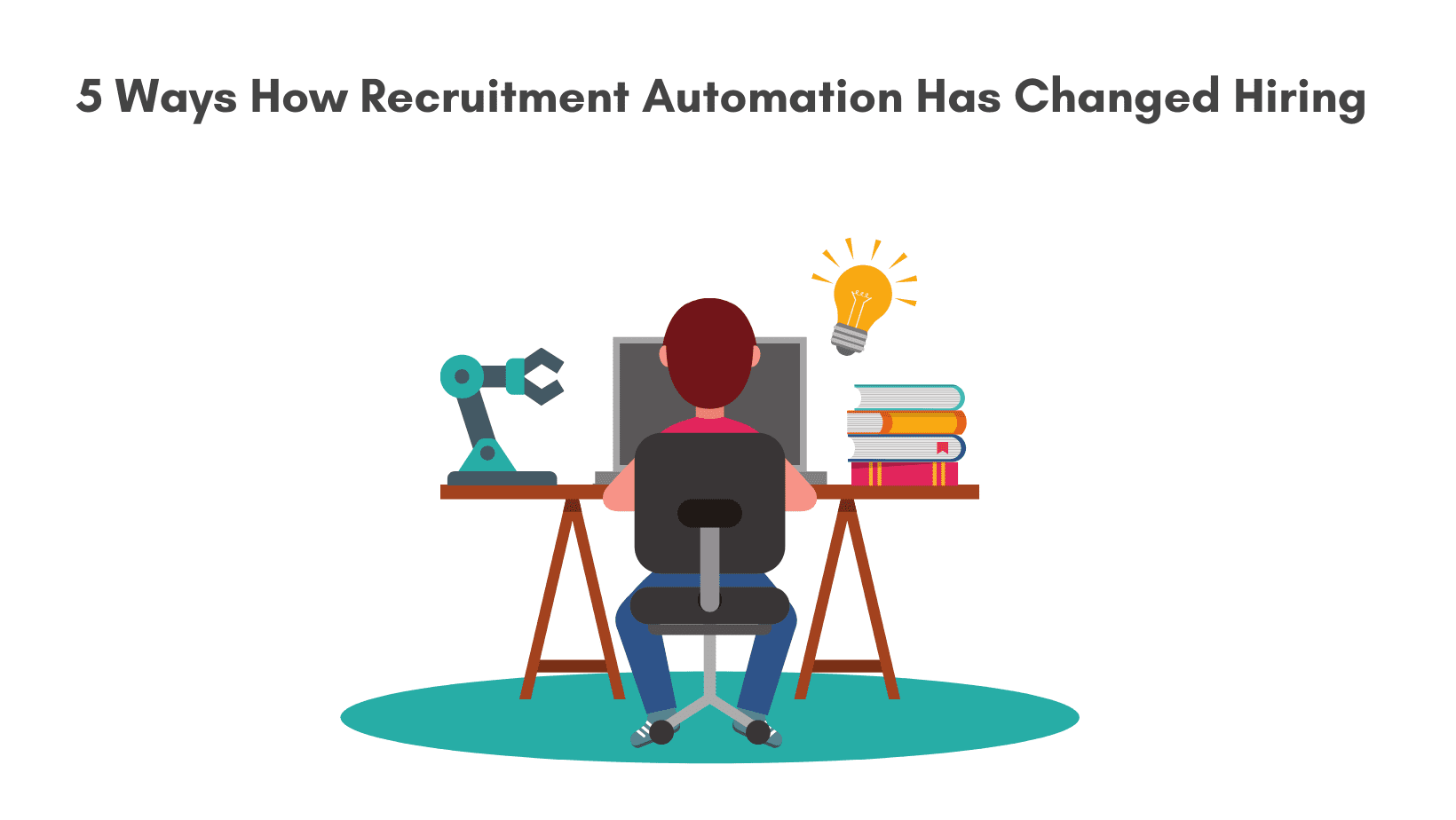Hospitality Recruitment Trends: What to Expect in 2024 and Beyond
Anmol Jha

Here, we’ll unpack the latest trends and what they mean for both employers and those seeking opportunities in hospitality.
Let’s take a journey through the dynamic landscape of the hospitality industry. As we gaze into the horizon of 2024 and the years that follow, it’s truly captivating to witness the transformation of recruitment trends. These shifts are not just influencing how companies hire but are also impacting the career journeys of many in this vibrant sector.
Nowadays, technology is a game-changer in how hospitality businesses scout for talent. It’s not just about posting job openings online; it’s a whole new way of engaging with potential candidates, showing off what makes a company unique, and building an attractive brand presence.
Artificial intelligence (AI) is stepping up in recruitment, too. It’s streamlining the process, helping to identify the best fits from a sea of applicants. But remember, in a field as people-centric as hospitality, that human touch still matters a lot.
Sure, knowing the technical side of things is great, but soft skills are stealing the spotlight. Think about it: in hospitality, where it’s all about the guest experience, being a great communicator, a team player, and adaptable are superpowers. These are the skills that can really make someone stand out.
Employers are really sitting up and paying attention, increasingly weaving these vital soft skills into the fabric of their training programs. It’s a trend that’s reshaping the way people gear up for hospitality management careers, focusing on a more holistic skill set.
Gone are the days when sustainability was just a nice to have. Now, it’s a must-have. Job seekers are increasingly drawn to companies that care about the planet and social issues. This shift is changing the kind of roles and skills in demand, with a growing focus on sustainable practices and social responsibility..
Diversity and inclusion are more than just buzzwords in hospitality; they’re essential. A diverse workplace brings a wealth of ideas and perspectives, which is gold in an industry that caters to a global audience. Companies are actively seeking diverse talent, aiming to create workplaces where different voices are heard and valued.
In today’s world, a job is much more than just a means to earn money. People are seeking a sense of belonging, eager to be part of communities and organizations that not only shine in reputation but also align with their personal values. They’re looking for workplaces that provide support and nurture growth, places where they can truly invest their talents and feel valued in return.
This is precisely why those in the hospitality sector are going all out to enhance their employer brands. They’re really putting in the effort to highlight the unique aspects that make them not just good but fantastic places to work. They understand attracting the right talent is about showcasing a culture where people don’t just work – they thrive and grow.
Flexibility is the new norm. More and more, people are seeking jobs that blend well with their personal lives, a trend partly fueled by the younger workforce and lessons learned from the COVID-19 pandemic. Hospitality companies are responding by offering more flexible schedules, remote work options, and a focus on a healthier work-life balance.
Navigating the culinary world requires more than just recognizing a polished resume. The essence of a true culinary artist is often found in the nuances of their craft and their character.
Employee well-being is now front and center. Happy, healthy staff equals top-notch service. We’re seeing more emphasis on mental health, stress management, and overall well-being in the workplace. Think gym memberships, wellness programs, and mental health days. These aren’t just perks; they’re powerful tools for attracting and keeping great staff.
The world is more connected than ever, and this is reshaping hospitality recruitment. There’s a growing demand for folks who understand different cultures and languages, especially in international chains and tourism businesses. Having international experience or language skills is becoming a big plus, opening doors to exciting opportunities in the global hospitality scene.
Data analytics is revolutionizing the way hospitality businesses approach recruitment. By analyzing data on candidate sourcing, hiring processes, and employee performance, companies can make more informed decisions.
Leveraging a data-driven approach is transforming how businesses pinpoint the most effective ways to recruit. By diving into the data, companies can figure out which channels bring in the best candidates, get to the root of why employees might be leaving, and fine-tune their hiring strategies. This kind of insight is invaluable. It means businesses can really streamline their recruitment, making sure they’re not just casting a wide net but actually attracting the cream of the crop with precision.
Personalization is becoming a key element in the recruitment process. Candidates now expect a recruitment experience that is tailored to their individual needs and preferences. This means personalized communication, understanding their career aspirations, and offering roles that align with their skills and interests. By personalizing the recruitment process, employers can create a more engaging and positive experience for candidates, increasing the likelihood of attracting top talent.
As consumer expectations evolve, so do the skills needed in hospitality. Guests are looking for personalized experiences, digital ease, and top-tier service. This means employees need to be adaptable, tech-savvy, and laser-focused on customer service. Recruitment is now leaning towards finding candidates who can deliver these sophisticated experiences, and training programs are adapting to include digital skills and customer experience management.
The hospitality industry is on the brink of some thrilling changes. These recruitment trends are signaling a shift in strategy towards a more modern, inclusive, and employee-focused approach. For businesses and individuals in hospitality, staying in tune with these trends is key.
As we step into 2023 and beyond, these developments are set to redefine how we think about careers and recruitment in this dynamic industry.


